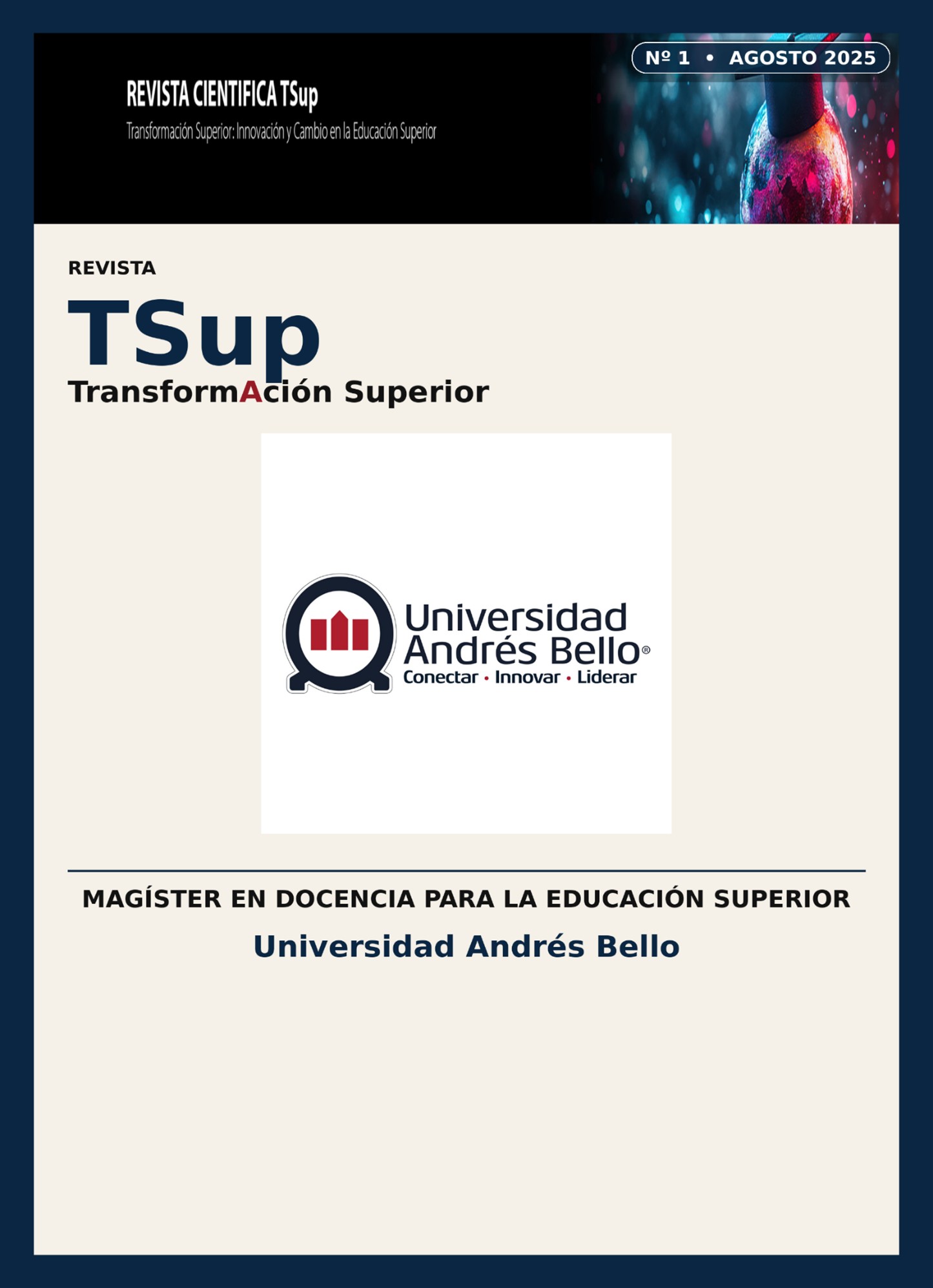Teaching innovation in Psychosocial Nursing: experiential learning in natural environments to promote students’ emotional well-being
DOI:
https://doi.org/10.53382/issn.2810-7977.13Keywords:
Active methodologies; Experiential learning; Emotional well-being; Quality of life; Psychosocial nursingAbstract
Current nursing education has shown that students face high levels of stress and difficulty with emotional self-regulation, which negatively affects their professional development. To address this issue, a Teaching Innovation Project was carried out with the general objective of implementing a learning guide with active methodologies based on experiential learning in natural environments to improve the perceived quality of life and the integral development of learning among students in a Psychosocial Nursing course at Universidad del Desarrollo, Concepción campus. The core idea was to create a learning experience integrating knowledge, relational skills, and attitudes, underpinned by the nursing models of Hildegard Peplau and Joyce Travelbee. The project’s main topics were addressed through a pedagogical approach using a learning guide, which included three components: an introductory theoretical class in the classroom, a practical activity in a natural environment, and an asynchronous WebQuest on academic self-care. The project outcomes were highly positive. The evaluation, conducted via questionnaires with both quantitative and qualitative items, showed that 100% of the students positively valued the experience. The guide’s usefulness and applicability received between 96.7% and 100% favorable responses. Additionally, qualitative feedback revealed significant benefits such as enhanced emotional well-being and motivation for self-care. These results demonstrate the effectiveness of the innovation and its high potential for replicability to other courses in the program.
Downloads
Downloads
Published
Issue
Section
License
Copyright (c) 2025 Revista Transformación Superior Transup

This work is licensed under a Creative Commons Attribution-NonCommercial-ShareAlike 4.0 International License.


